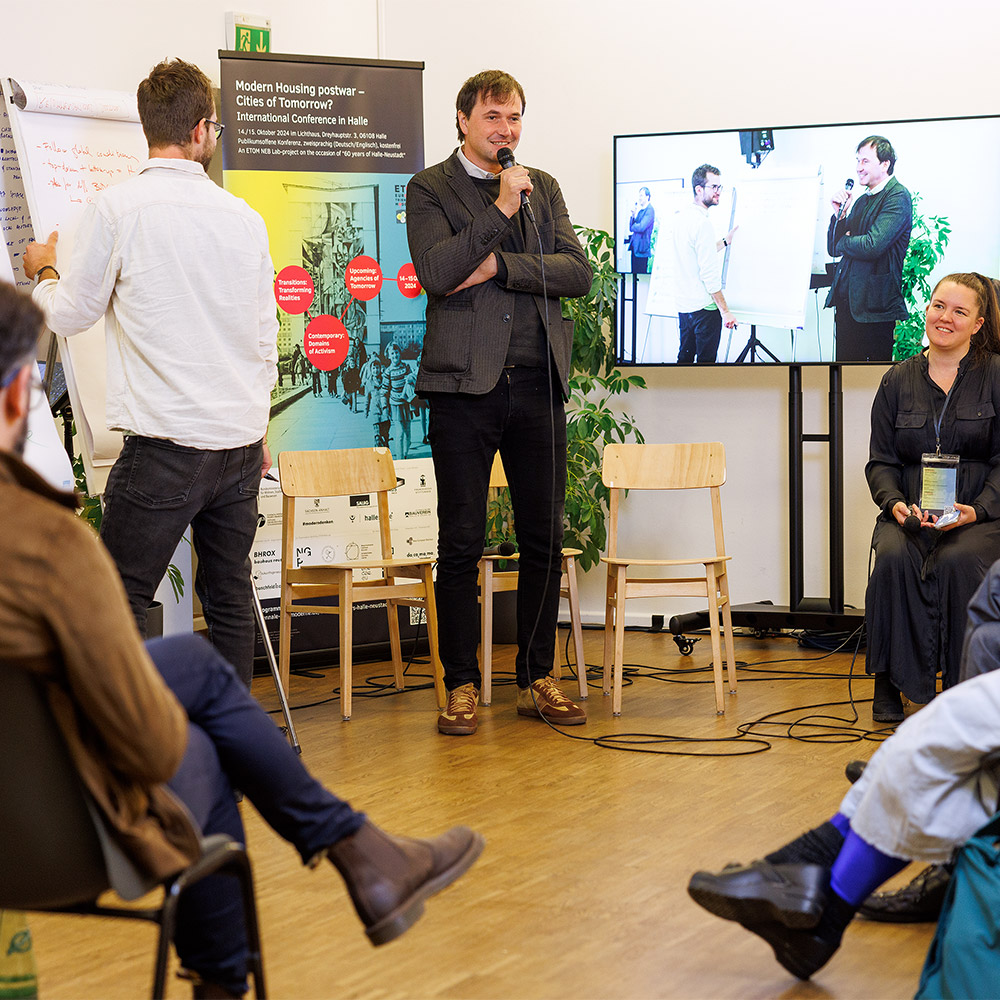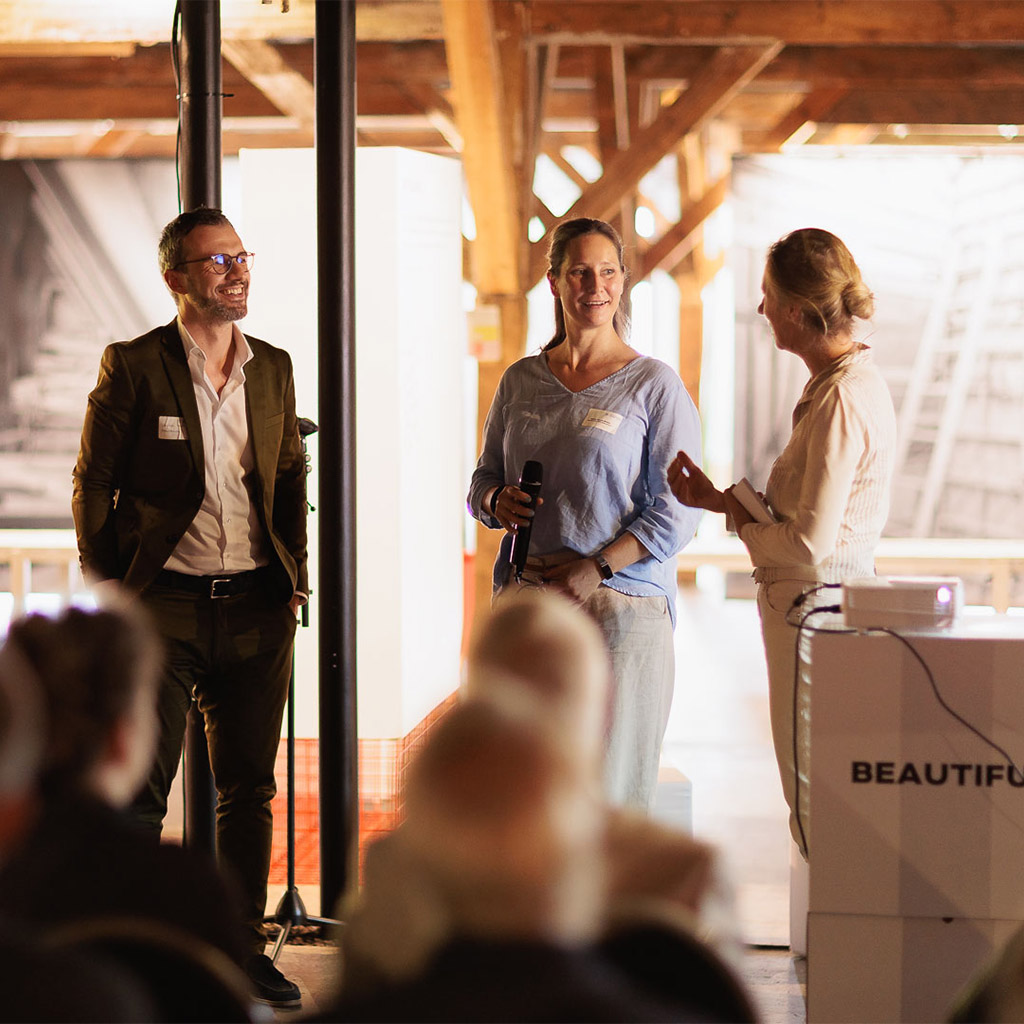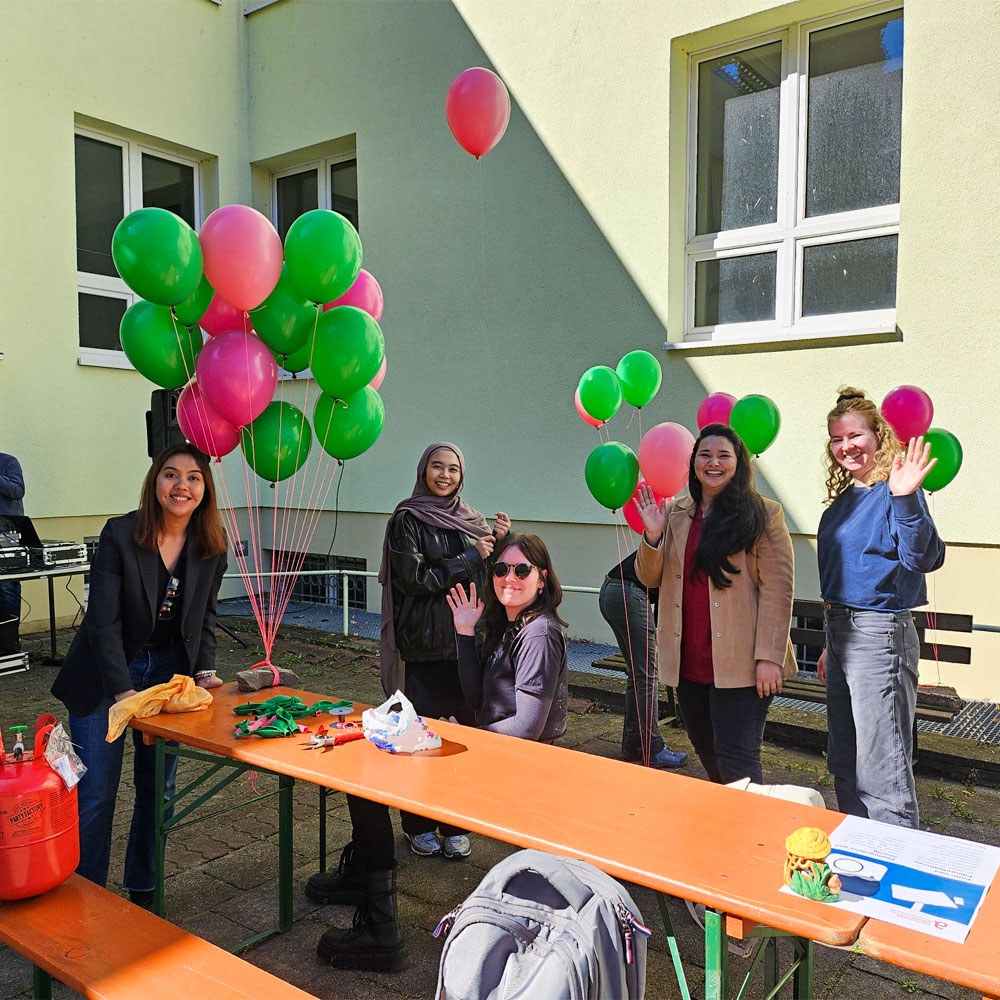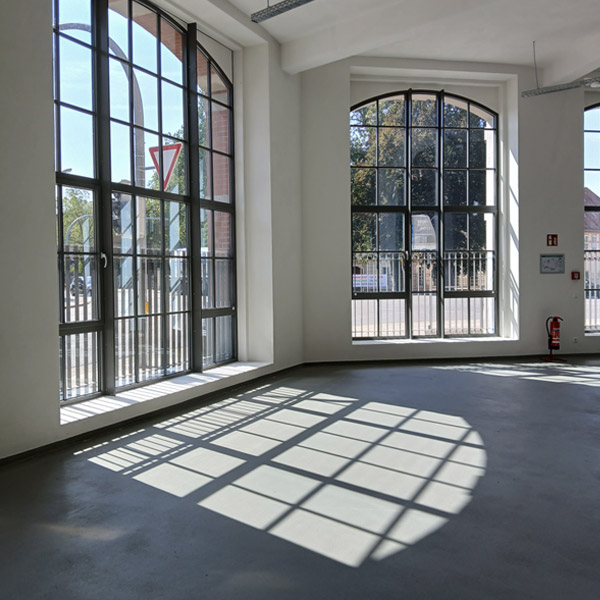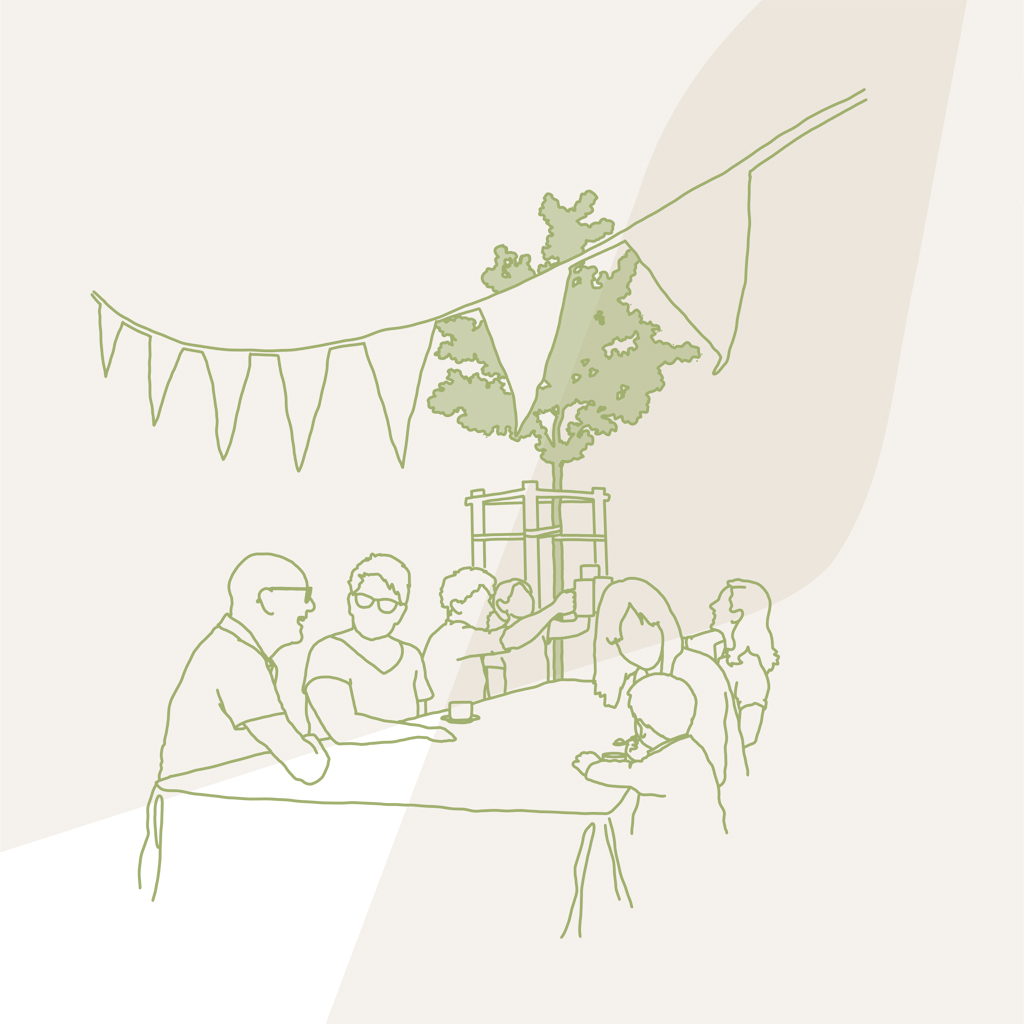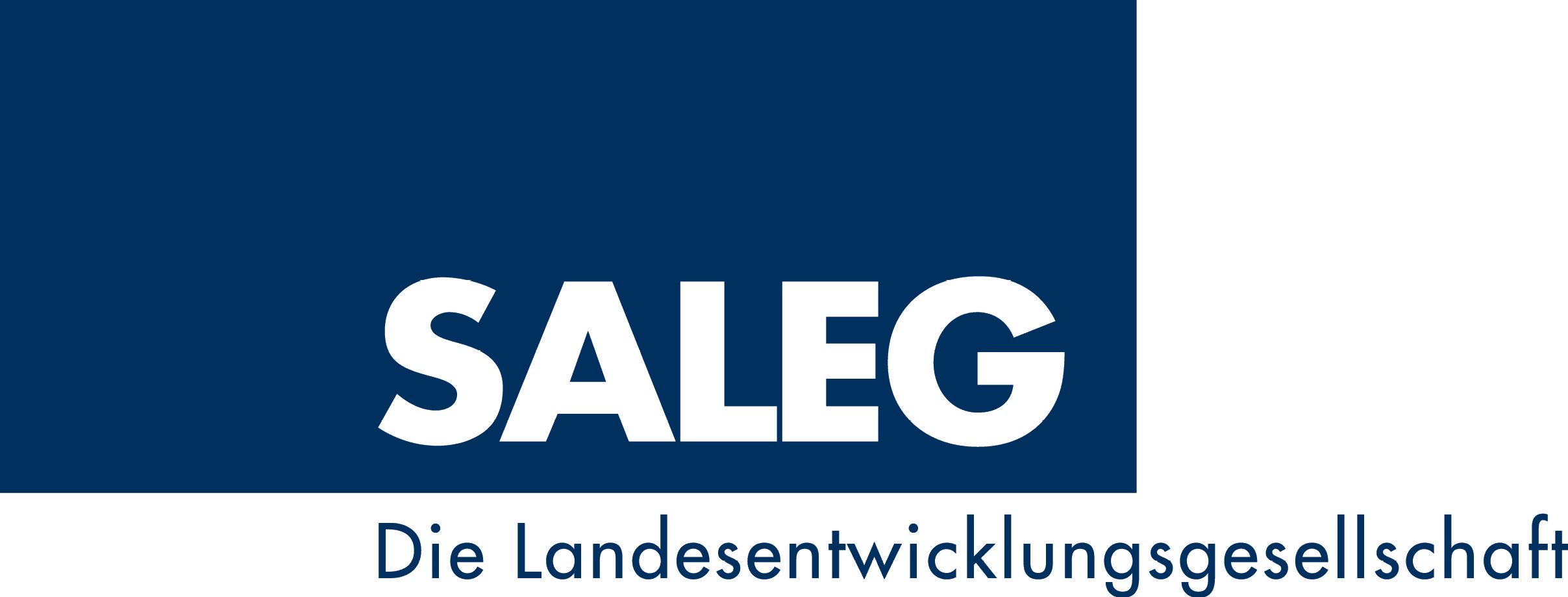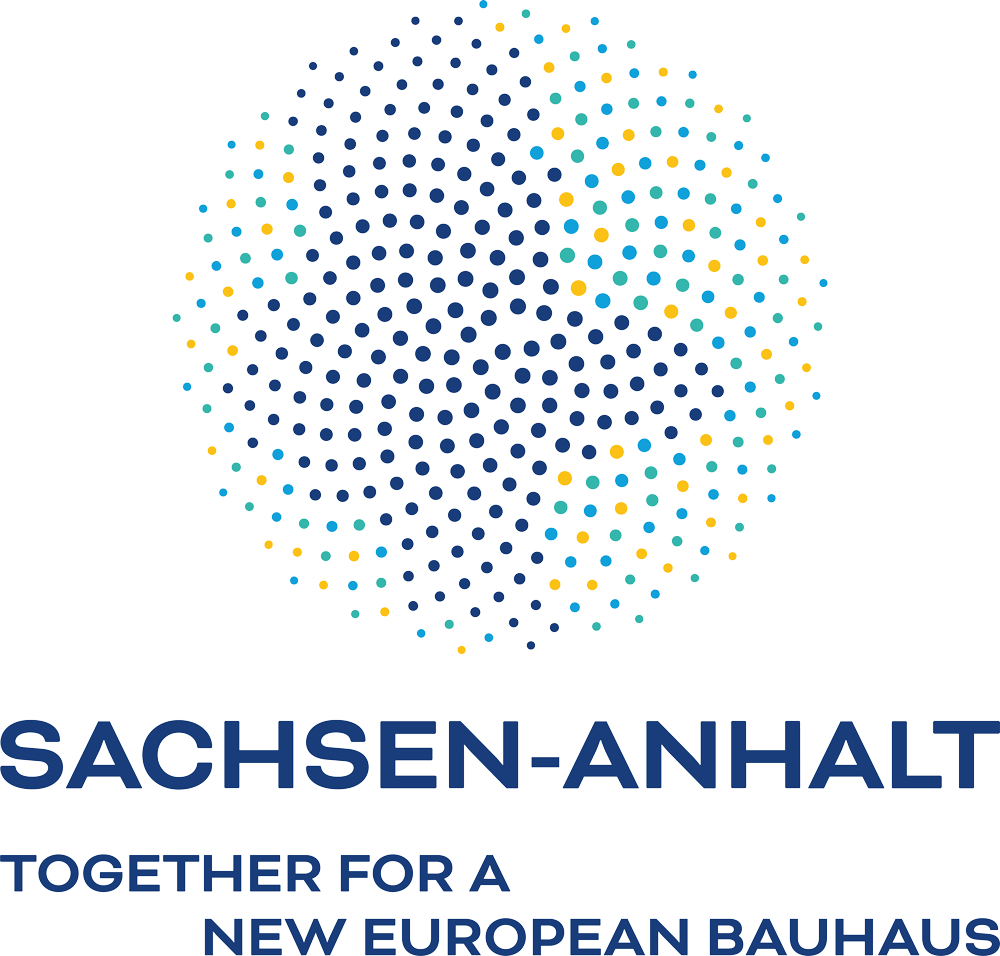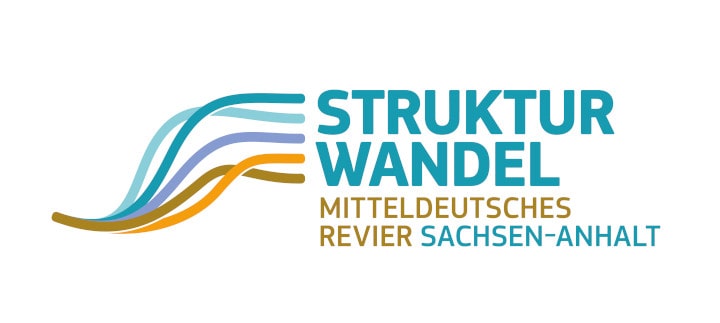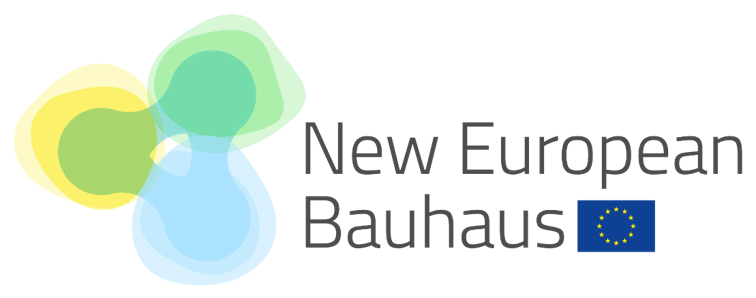For two days in october Halle (Saale) served as a host for a scene of international exchange.
On October the 14th and 15th 2024, the conference ‘Modern Housing Postwar - Cities of Tomorrow?’ took place at the Lichthaus in Halle. The event was organized as part of the New European Bauhaus (NEB) and conceptualized as an ETOM NEB-Lab milestone conference. With regard to this year's anniversary ‘60 years of Halle-Neustadt’, the focus of the meeting was on trans-European insights into the developments undertaken and perspectives gained for the transformation of large-scale post-war housing estates.The focus was particularly on Central and Eastern Europe with a special focus on the German-Polish dialogue.
The first panel of the conference was opened by the German Federal Minister for Housing, Urban Development and Construction, Klara Geywitz. All contributions revolved around issues of urban transformation and the importance of collaborative planning processes. One of the speakers was SALEG Managing Director, Dr. Mario Kremling. He elaborated on the potentials of urban heritage from the post-war era and its large housing projects for which Halle-Neustadt is just one example. Apart from its value as a place of urban heritage with significant impact, the former socialist model city, that was planned and built in the 1960s for 100,000 people, has the potential to be developed sustainably and in accordance with the criteria of the New European Bauhaus - Sustainable, Beautiful and Together, so Dr. Kremling. Exemplary for the use of participation in building transformation processes, the large housing estates, ‘Halle-Silberhöhe’ and ‘Wittenberg-West’ are fine examples. Urban renewal succeeds precisely, where residents are actively involved and a sense of community develops, Dr. Kremling pointed out.
The ‘Community Office’, a project on the edge of Halle Neustadt, follows this request: During the excursion to Halle-Neustadt, offered during the conference, Mr. Ulrich Möbius reports on the approach to transform the former Stasi headquarters and tax office building into a place for creative work and life.
This project is a good example for the joint effort by the city administration and local residents. The second day of the conference was devoted to the ‘Contemporary | Domains of Activism’ section and addressed the potential of civil society engagement in the transformation of urban space. Projects from Warsaw, Bucharest and Tirana demonstrated how bundled civil society engagement can support urban development from below. These discussions culminated in the final section ‘Agencies of Tomorrow’, which drew a connection to the future: How can we develop sustainable solutions for the challenges of tomorrow, based on the experiences of post-war modernism? Here, the Lithuanian architect Ruta Leitanaite used a comparative study to show how important critical examination and an attitude towards post-war legacy is.
The NEB_NETZWERKBÜRO took the opportunity at the conference in Halle to present itself as a network partner and inform about the state initiative #NeueBauhäusler in order to establish international contacts.
ETOM is a European Triennial of Modernism project (European Triennial of Modernism = ETOM)
More Information:
https://www.triennale-der-moderne.de/en/
TOGETHER!
On a new sense of community
Dr. Mario Kremling, Managing Director of the Saxony-Anhalt State Development Company SALEG and the Competence Center for Urban Renewal
Statement on the ETOM conference ‘Modern Housing Postwar – Cities of Tomorrow?’ on October the 14th and 15th 2024 in Halle (Saale) Oktober 2024 in Halle (Saale)
„[…] Die Siedlungen der städtebaulichen Moderne sind ein Spiegel gesellschaftlicher Herausforderungen, die zentrale: der gesellschaftliche Zusammenhalt. Diese Aufgabe gilt hier in besonderem Maße und in besonderer Ausprägung. Denn: Zum einen leben wir heute in einer Gesellschaft, in der jede Person in ihrer Initiative, Selbstverantwortung und kreativen Beteiligung für die Mitgestaltung von Gemeinschaft wertvoll und gefragt ist. Zum anderen fehlt es gerade in den Großwohnsiedlungen aus vielschichtigen Gründen an Enthusiasmus, den es für die Selbstaktivierung und das Selbstwirksamwerden im unmittelbaren Wohnumfeld braucht. Auch das ist ein Spiegel sozio-ökonomischer Problemlagen im Land. Deswegen gehört eine Unterstützung jener Prozesse unbedingt auf eine politische, eine gesamtgesellschaftliche Agenda, die Gemeinschaft fördert und eine Stadtteilentwicklung von unten in die Wege leitet. […] Es sind komplexe und kreative Lösungen gefragt, die genügend Freiraum und Freiheit zur Möglichkeit von Selbstgestaltung und Selbstwirksamkeit zulassen. Nur so kann eine aktivierende Einbindung der Bewohnerschaft gelingen. […] Wenn es denn unser gemeinsames Ziel ist und bleibt, dass sich aus den Siedlungen, die aus einer ganz anderen Vision geboren wurden, lebendige, anpassungsfähige und resiliente Quartiere entwickeln, braucht es genau diese Aktivierung von Ortsaneignungsprozessen. Ihnen gilt daher im Land Sachsen-Anhalt ein besonderes Interesse. Für alle drei Ziele des NEB bestehen gute Chancen auf Verwirklichung in den Siedlungen der städtebaulichen Moderne. Lassen Sie uns über die Wege dorthin streiten! #NeueBauhäusler […]“
